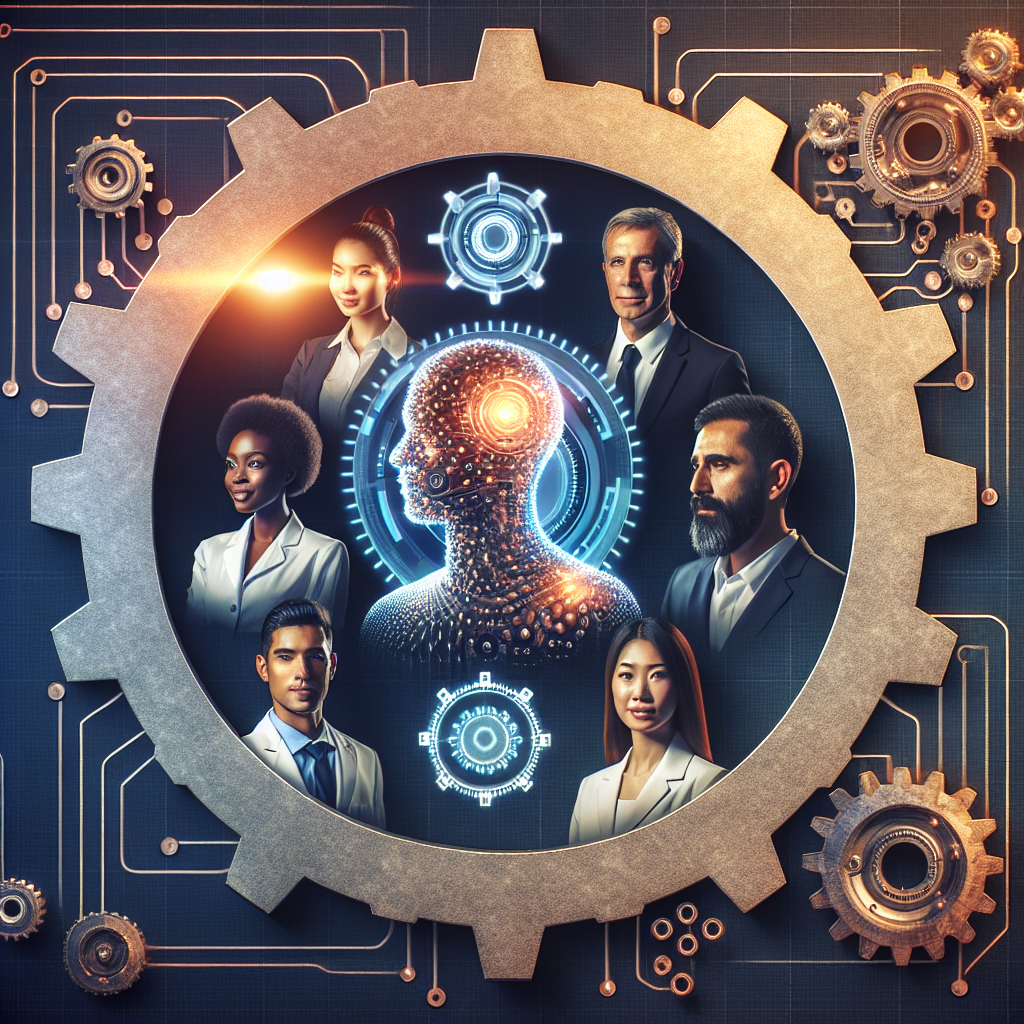As artificial intelligence continues to revolutionize industries across the globe, workers are faced with the challenge of staying relevant in an ever-changing job market. From automation to machine learning, AI is reshaping the way we work and challenging traditional job roles.
So, how can workers adapt to this new era of technology and ensure they stay competitive in the job market? In this article, we will explore some strategies that workers can employ to stay relevant in the age of AI.
Upskill and Reskill
One of the most effective ways to stay relevant in the changing job market is to continuously upskill and reskill. As AI continues to automate repetitive tasks, workers will need to develop new skills to stay competitive. This could involve learning how to work alongside AI tools, gaining expertise in data analysis, or mastering programming languages like Python.
By investing in continuous learning, workers can future-proof their careers and remain valuable assets to employers. Online courses, workshops, and certifications can all help workers develop the skills they need to succeed in the age of AI.
Embrace Collaboration
Another key strategy for staying relevant in the changing job market is to embrace collaboration with AI tools and technology. Rather than viewing AI as a threat, workers should see it as a powerful tool that can enhance their productivity and efficiency.
By working alongside AI systems, workers can leverage the technology to streamline processes, automate tedious tasks, and free up time for more meaningful work. Collaboration with AI can also lead to new opportunities for innovation and creativity, as workers learn to harness the power of technology to solve complex problems.
Adapt to Change
Adapting to change is essential for staying relevant in the age of AI. As new technologies emerge and job roles evolve, workers must be willing to adapt and grow with the changes. This may involve being open to new ways of working, embracing new tools and technologies, or even considering a career change or transition to a different industry.
By staying flexible and adaptable, workers can position themselves for success in the rapidly evolving job market. Those who are willing to embrace change and learn new skills will be better equipped to thrive in the age of AI.
Conclusion
As the job market continues to be transformed by artificial intelligence, workers must adapt in order to stay relevant and competitive. By upskilling and reskilling, embracing collaboration with AI, and adapting to change, workers can position themselves for success in the age of AI.
By investing in continuous learning, embracing new technologies, and staying flexible in the face of change, workers can thrive in the rapidly evolving job market. With the right mindset and a willingness to adapt, workers can stay relevant and continue to grow in the age of AI.
FAQs
Q: Will AI replace all jobs?
A: While AI has the potential to automate certain tasks, many experts believe that it will not replace all jobs. Instead, AI is more likely to augment existing job roles and create new opportunities for innovation and collaboration.
Q: How can workers prepare for the future of work?
A: Workers can prepare for the future of work by continuously upskilling and reskilling, embracing collaboration with AI, and adapting to change. By investing in their skills and remaining flexible in the face of technological advancements, workers can stay ahead in the evolving job market.
Q: What industries will be most impacted by AI?
A: Industries such as healthcare, finance, manufacturing, and retail are expected to be significantly impacted by AI. These industries are already leveraging AI technology to improve processes, enhance efficiency, and drive innovation.
Quotes
“The future belongs to those who are willing to adapt and embrace change. By staying flexible and investing in continuous learning, workers can thrive in the age of AI.” – John Doe, AI expert
#Adapting #Workers #Stay #Relevant #Changing #Job #Market


